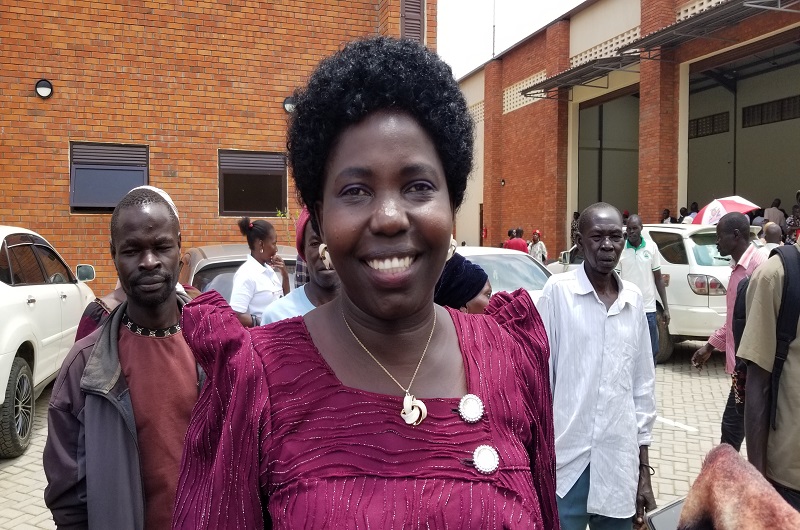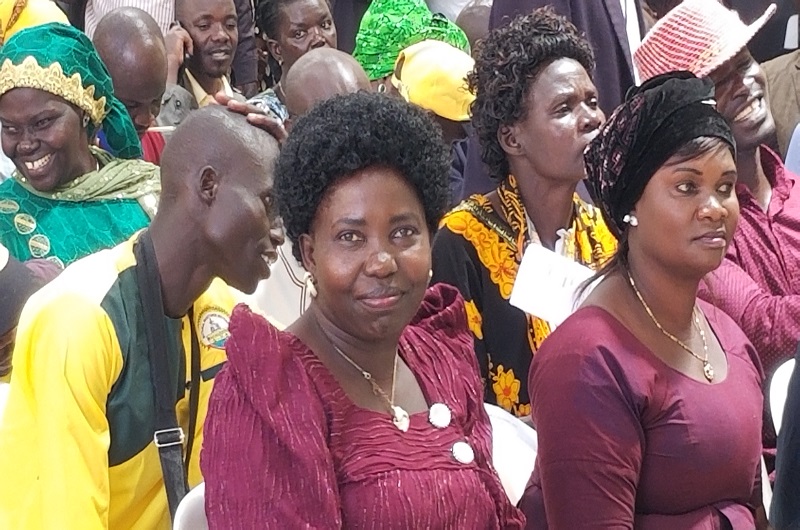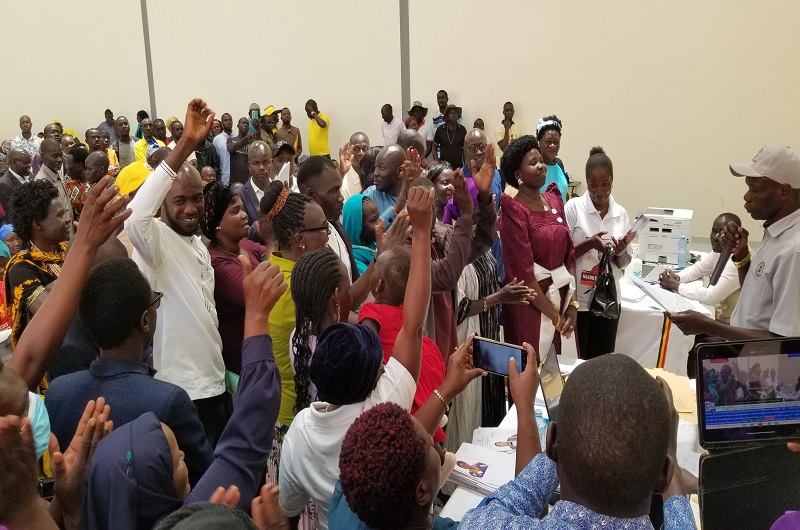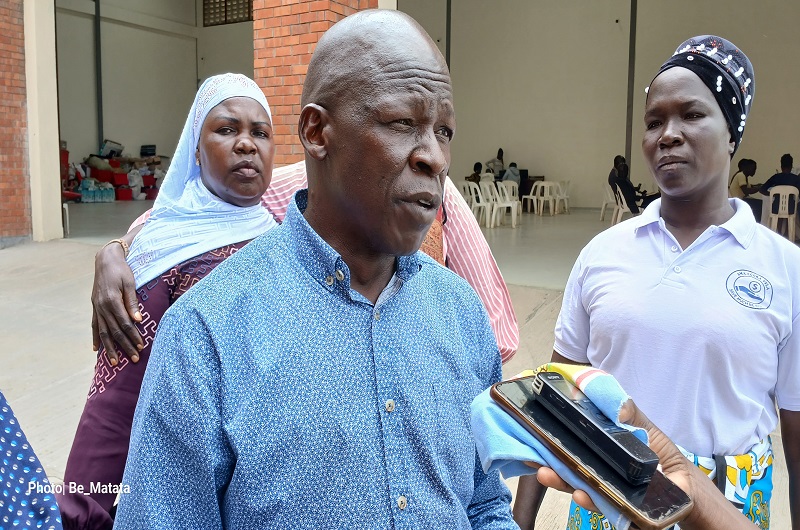Candidates Decry Rising Cost of Politics in Arua Ahead of 2026 Elections

Excited Nezma speaks to journalists shortly after her nomination on Monday
ARUA: Aspiring political leaders in Arua City have raised concerns about the growing commercialization of politics, which they say is undermining genuine leadership and excluding capable individuals from serving their communities.
Candidates argue that the escalating costs of elections have turned politics into a business, where candidates rely on heavy spending to secure support rather than presenting substantive ideas.
Nezma Ocokoru, the Alliance for National Transformation (ANT) candidate ving for Arua Central Division Mayorship, emphasized that this trend breeds corruption, as elected officials often prioritize repaying their financial backers over serving the public.
“Politics nowadays has been commercialized. We lose good leaders,” Ocokoru stated.
She warned that the practice erodes public trust, encourages vote-buying, and undermines democratic principles.

“Elections have become commercialized. People without agendas or issues to present think the best approach is to buy votes with money,” Ocokoru said.
“Yes, it’s their right, but voters must realize it’s not just about the money. We’ve seen candidates pay large sums, yet services remain undelivered. Voters should reject cash offers and demand quality services instead.”
Ocokoru further clarified that providing refreshments to voters during campaigns is acceptable, but the excessive use of money to influence votes is a problem.
“I have no money to buy votes. The five years I’m vying for cannot be bought—not with one million, two million, or even ten million shillings,” she said.
“We appeal to the government to stop this practice because this money often comes from taxpayers.”

Ocokoru, formerly the Arua Hill Division Chairperson is currently the favourite candidate for Arua Central Division Mayoral seat come 2026 general elections.
Similarly, Buga Mayor, a nominated candidate for Arua Central Division Councilor, highlighted how the influence of money sidelines competent leaders with genuine development agendas.
“You might be offered 1,000 shillings, but a goat costs 12,000 shillings. Ask yourself: Are you worth just 1,000 shillings? That small amount won’t help you over five years,” he said.
“People are becoming aware that 500, 1,000, or 2,000 shillings cannot solve their problems if they’re lured into selling their votes.”

Josephine Andiru, an independent candidate representing older women in Arua City Council, pointed out that poor leadership resulting from commercialization deprives vulnerable groups, like the elderly, of essential services.
“Funds allocated for elders in the city or district often don’t reach them. They don’t even know where to go for help,” Andiru said.
As the 2026 general elections approach, candidates are calling for electoral reforms and robust civic education to restore integrity to the political process.
They urge voters to prioritize leadership that serves the public interest over financial incentives, ensuring that capable leaders are not sidelined by wealthier candidates.